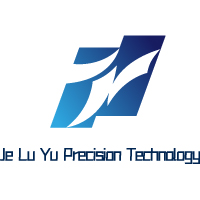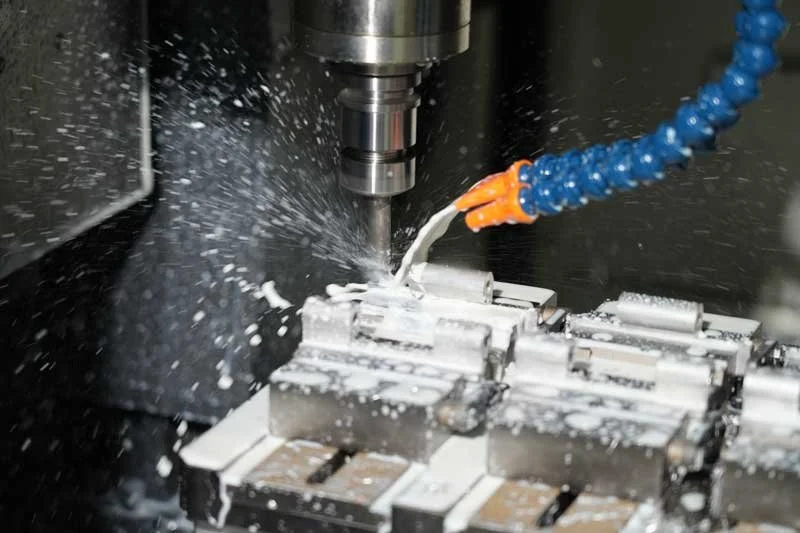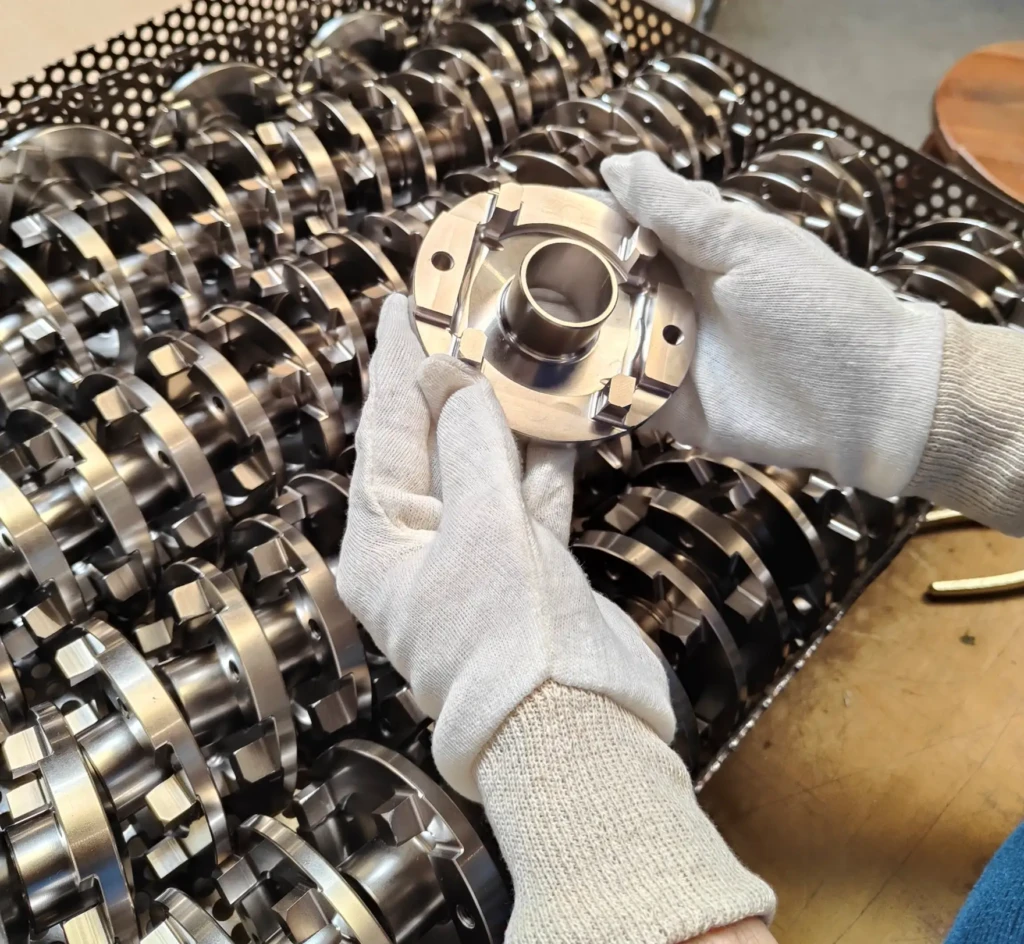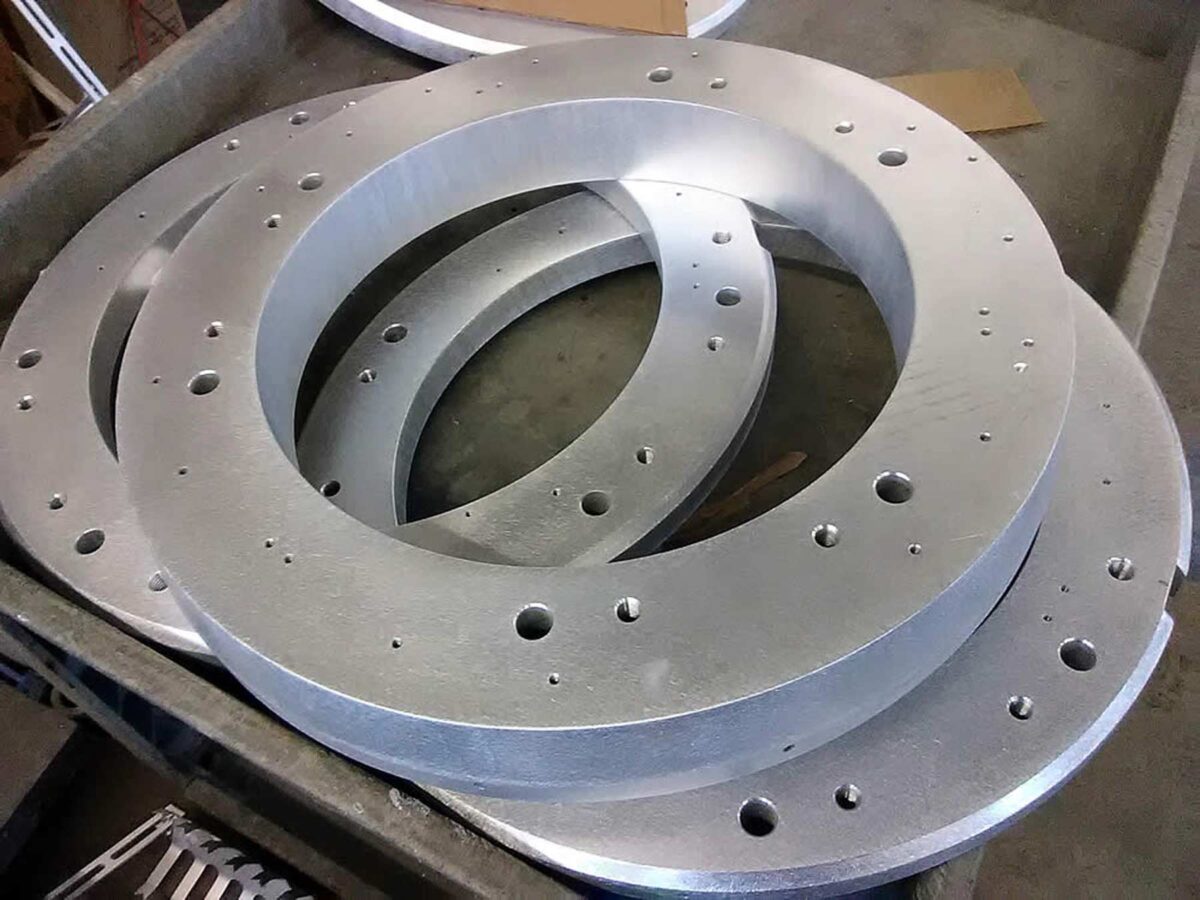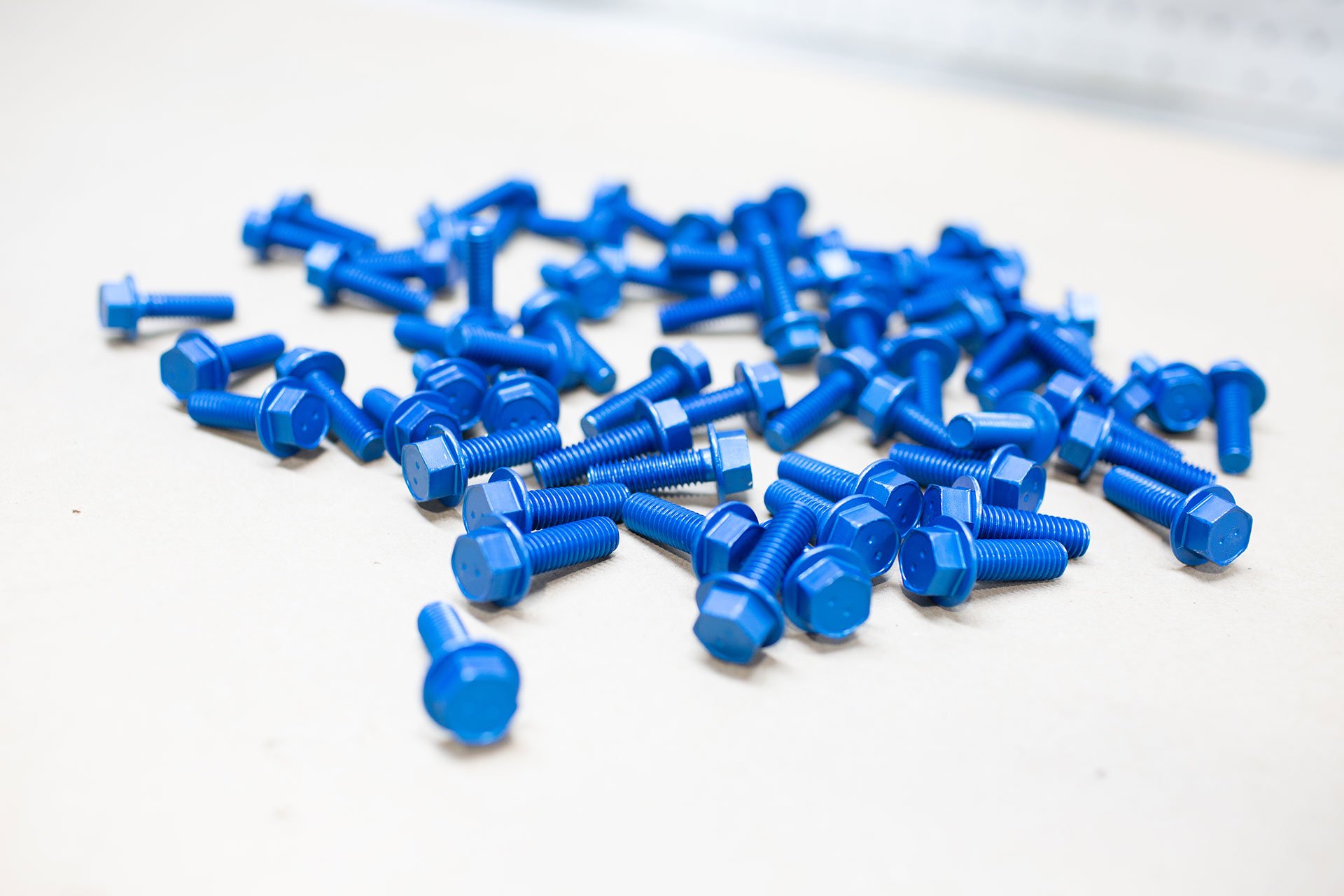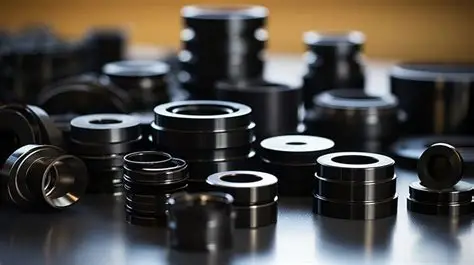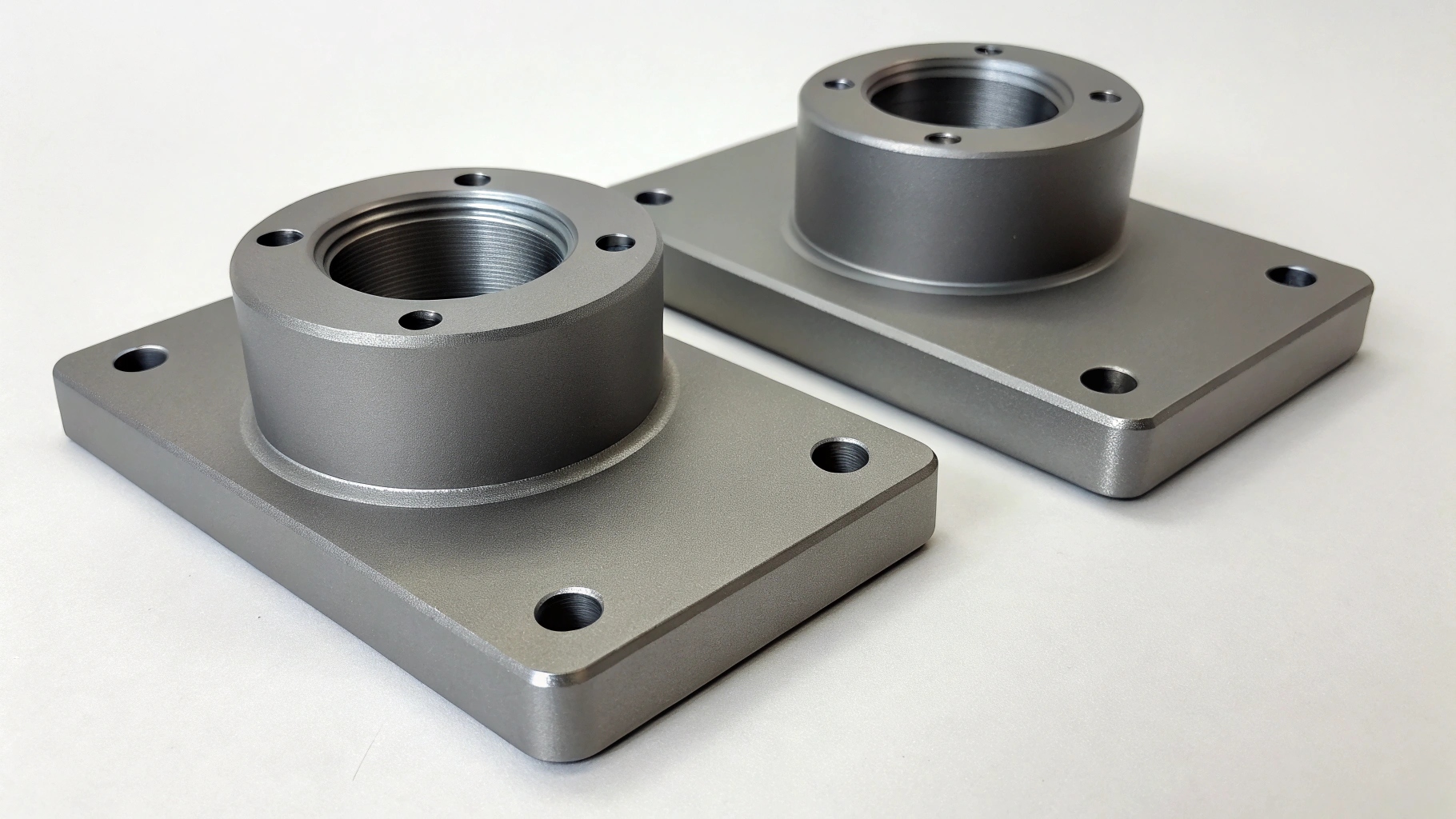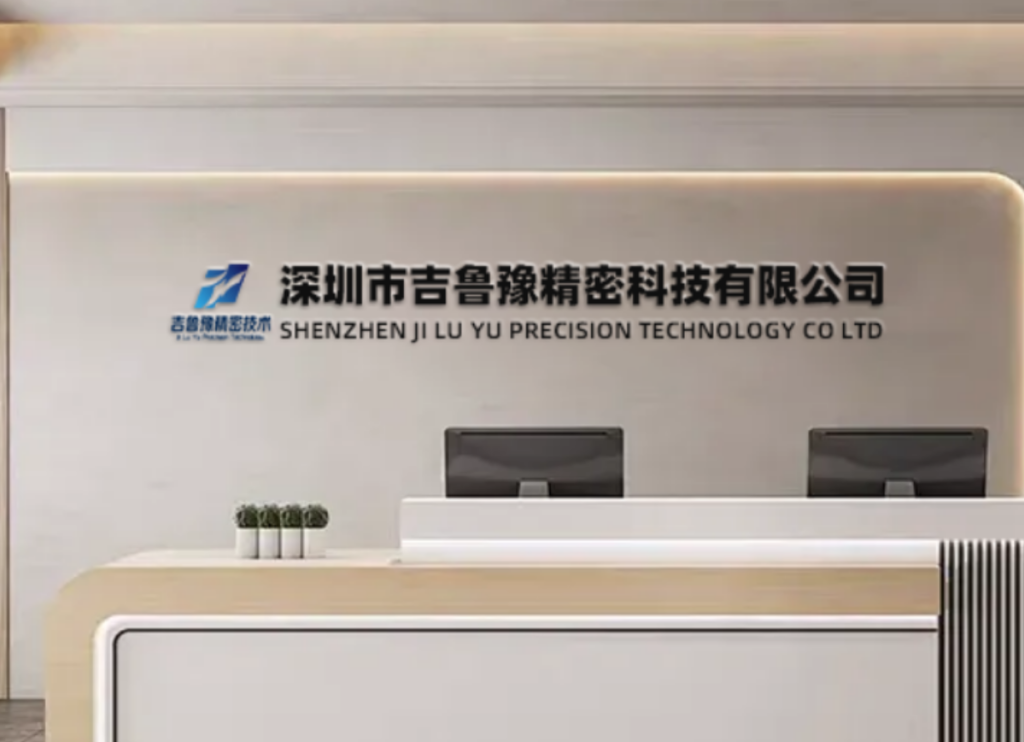Marine-Grade Precision: Advanced Fluid System Component Machining for the Marine Industry
The marine environment represents one of the most demanding operating conditions for fluid systems, where corrosion, pressure fluctuations, and relentless vibration test every component to its limits. In this challenging context, the reliability of fluid systems directly impacts vessel safety, operational efficiency, and environmental compliance. At JLYPT CNC Machining, we have developed specialized expertise in fluid system component machining for the marine industry, combining advanced manufacturing technologies with marine-grade materials to produce components that withstand the harshest maritime conditions while maintaining precise performance specifications.
This comprehensive technical analysis explores the sophisticated engineering approaches, specialized materials, and rigorous validation protocols that define excellence in fluid system component machining for the marine industry. We examine how strategic implementation of CNC technologies, coupled with marine corrosion science and precision metrology, enables the production of fluid system components that deliver reliable performance across diverse marine applications from commercial shipping to offshore energy and naval vessels.
The Unique Challenges of Marine Fluid Systems
Marine fluid components operate under constraints that far exceed those of land-based applications. Successful fluid system component machining for the marine industry must address multiple simultaneous challenges:
Corrosion Management in Aggressive Environments
The marine environment presents multiple corrosion mechanisms that components must resist:
-
Galvanic Corrosion: Managing dissimilar metal interactions in assemblies exposed to electrolytes
-
Crevice Corrosion: Preventing localized attack in stagnant areas and threaded connections
-
Erosion-Corrosion: Combating accelerated material loss in high-flow seawater applications
-
Microbiologically Influenced Corrosion: Addressing biological factors that accelerate material degradation
Performance Under Dynamic Operating Conditions
Marine fluid components must maintain integrity across diverse operational scenarios:
-
Pressure Cycling: Withstanding repeated pressure fluctuations from pump operations and system demands
-
Thermal Variations: Maintaining dimensional stability across temperature ranges from ambient to 400°F in hydraulic systems
-
Vibration and Shock Loads: Resisting mechanical fatigue from engine vibrations and wave impacts
-
Biofouling Resistance: Surface characteristics that discourage marine organism attachment
Advanced Manufacturing Technologies for Marine Applications
The demanding requirements of marine fluid systems necessitate specialized manufacturing approaches. Our technology portfolio enables optimal process selection for each component’s specific operational context:
5-Axis Simultaneous Machining for Complex Geometries
For components with complex internal passages, mounting interfaces, and optimized flow paths, 5-axis simultaneous machining provides critical capabilities:
-
Single-Setup Manufacturing: Complete machining from multiple orientations eliminates cumulative errors and maintains exceptional feature relationships in valve bodies and manifold assemblies
-
Complex Internal Passage Machining: Production of optimized flow channels, cooling jackets, and pressure balancing features with uninterrupted toolpaths
-
Compound Angle Features: Precise machining of port connections and mounting surfaces at complex angles relative to primary datums
-
Optimized Tool Engagement: Continuous 5-axis movement maintains ideal cutting conditions for superior surface finishes in critical sealing areas
Deep-Hole Drilling and Boring for Hydraulic Applications
For components requiring precise deep holes with exceptional straightness and surface finish:
-
Gun Drilling Capabilities: Producing holes with depth-to-diameter ratios up to 30:1 while maintaining straightness within 0.001″ per foot
-
Boring System Expertise: Achieving diameter tolerances within ±0.0005″ with surface finishes better than 16 Ra in cylinder barrels and actuator housings
-
Specialized Coolant Delivery: High-pressure through-tool coolant systems ensuring efficient chip evacuation and thermal stability during deep-hole operations
-
In-Process Monitoring: Real-time monitoring of cutting forces and temperatures to maintain consistent hole quality throughout production runs
Multi-Axis Mill-Turn Machining for Rotational Components
For components requiring both rotational symmetry and complex off-axis features:
-
Complete Part Processing: Turning, milling, drilling, and threading operations in single setup minimizes handling and maintains exceptional dimensional relationships in pump shafts and valve stems
-
Complex Feature Integration: Machining of non-radial ports, keyways, and mounting features on cylindrical components with precise angular relationships
-
Concentricity Control: Maintaining exceptional rotational accuracy for components requiring dynamic balance at operational speeds
-
Efficient Production: Reduced handling between operations decreases production time while maintaining critical feature relationships
Material Selection for Marine Fluid Applications
Material selection represents a foundational consideration in marine component design. Our expertise encompasses the specialized materials required for these demanding applications:
Copper-Based Alloys for Seawater Service
-
Naval Brass (C46400): Excellent corrosion resistance in seawater with good machinability for valve components and fittings
-
Aluminum Bronze (C95400): Superior strength and corrosion resistance for pump components, bearings, and wear surfaces
-
Cupronickel 90/10 (C70600): Outstanding seawater corrosion resistance and biofouling resistance for heat exchanger and piping components
Stainless Steels for Corrosion Resistance
-
316/316L Stainless Steel: Excellent general corrosion resistance with molybdenum enhancement for marine environments
-
Duplex Stainless Steels (2205): Combined strength and corrosion resistance for high-pressure applications in offshore systems
-
17-4PH Stainless Steel: Precipitation-hardening grade offering high strength and good corrosion resistance for shafting and valve components
Nickel Alloys for Extreme Applications
-
Monel 400: Superior resistance to seawater and high-strength applications in marine engineering
-
Inconel 625: Exceptional corrosion resistance and strength retention in elevated temperature marine applications
-
Hastelloy C-276: Outstanding resistance to a broad range of corrosive chemicals in specialized marine applications
Critical Marine Applications and Manufacturing Solutions
The table below details specific marine fluid system applications and the specialized manufacturing approaches required for each:
| Application Area | Critical Requirements | Material Selection | Manufacturing Approach |
|---|---|---|---|
| Seawater Pump Components | Cavitation resistance, corrosion resistance, wear resistance | Bronze, 316 Stainless, Duplex Stainless | Precision balancing, specialized impeller profiles, wear ring machining |
| Hydraulic Valve Blocks | Pressure integrity, leak-free operation, precise metering | 316 Stainless, Carbon Steel | Multi-axis port machining, integrated gallery systems, specialized seat machining |
| Heat Exchanger Parts | Thermal conductivity, corrosion resistance, pressure integrity | Cupronickel, Titanium, 316 Stainless | Thin-wall machining, finned surface profiles, pressure testing validation |
| Actuator and Cylinder Components | Pressure containment, seal compatibility, rod straightness | 17-4PH, 316 Stainless, Chrome Plated Steels | Precision honing, rod straightening, specialized surface treatments |
| Manifold and Distribution Systems | Flow optimization, pressure drop management, access for maintenance | Bronze, 316 Stainless, Aluminum Bronze | Complex internal passage machining, integrated mounting features |
| Filter Housings and Separators | Pressure containment, corrosion resistance, serviceability | 316 Stainless, Bronze, Marine Aluminum | Large diameter threading, sealing surface optimization, cover machining |
For comprehensive understanding of marine material standards and performance requirements, we regularly consult resources from ASTM International Marine Standards to ensure compliance with industry specifications.
Comprehensive Case Studies: Marine Manufacturing Solutions
Case Study 1: High-Pressure Hydraulic Valve Block for Deck Machinery
-
Challenge: A marine equipment manufacturer required a custom hydraulic valve block for winch control systems that could withstand 5,000 PSI operating pressure while resisting corrosion in saltwater environments. The design incorporated 22 internal galleries with intersecting passages that required absolute pressure integrity.
-
Manufacturing Solution: We manufactured the valve block from 316L stainless steel using 5-axis machining strategies to create the complex internal passage network. Critical sealing surfaces were machined using specialized tooling to achieve surface finishes better than 16 Ra. All intersecting galleries featured radiused transitions to minimize stress concentrations.
-
Technical Outcomes: The completed valve block passed hydrostatic testing at 7,500 PSI without leakage. The precision-machined sealing surfaces enabled perfect O-ring compression without extrusion concerns. After 12 months of service in North Sea operations, the components showed no signs of corrosion or performance degradation, significantly improving reliability over previous designs.
-
Internal Link: Discover our capabilities for complex hydraulic components through our Precision CNC Machining Services.
Case Study 2: Marine Propulsion Cooling System Manifold
-
Challenge: A shipbuilder needed a complex seawater cooling manifold for a new diesel propulsion system. The component required integration of multiple temperature and pressure sensors while maintaining laminar flow characteristics and resisting corrosion from tropical seawater.
-
Manufacturing Solution: We engineered the manifold from super duplex stainless steel using advanced 5-axis machining to create optimized flow paths. Sensor ports were machined with precise threads and sealing surfaces. The internal passages were electropolished to minimize flow resistance and reduce fouling potential.
-
Technical Outcomes: The manifold achieved a 22% reduction in pressure drop compared to the previous design while accommodating all required instrumentation. The super duplex material showed exceptional corrosion resistance during accelerated testing, and the improved flow characteristics contributed to a 3°C reduction in operating temperatures for the propulsion system.
Case Study 3: Steering Gear Actuator Components for Commercial Vessels
-
Challenge: A steering system manufacturer required replacement actuator components for aging vessels where original parts were no longer available. The components needed to match original dimensions exactly while incorporating modern seal technology and improved corrosion protection.
-
Manufacturing Solution: We reverse-engineered the existing components using high-precision CMM measurement, then manufactured new parts from 17-4PH stainless steel with improved hardening protocols. The new design incorporated modern seal geometries while maintaining backward compatibility with existing systems.
-
Technical Outcomes: The new actuators demonstrated 300% longer service life compared to the original components due to improved material selection and precision manufacturing. The enhanced seal designs eliminated persistent leakage issues, and the dimensional accuracy ensured perfect fitment without vessel modifications. The solution provided the operator with reliable spare parts while extending the service life of their steering systems.
Quality Assurance for Marine Applications
The development of marine fluid components demands validation methodologies that ensure reliability in critical applications:
-
Pressure Testing: Hydrostatic and pneumatic testing to validate pressure integrity beyond maximum operating conditions
-
Material Verification: Spectroscopic analysis to confirm alloy composition and corrosion testing per ASTM standards
-
Dimensional Validation: Comprehensive inspection using coordinate measuring machines with comparison to design specifications
-
Surface Finish Analysis: Profilometry to validate critical sealing surfaces and flow characteristics
-
Documentation: Complete material traceability and manufacturing process documentation for regulatory compliance
The Future of Marine Component Manufacturing
The field of fluid system component machining for the marine industry continues to evolve with emerging technologies and methodologies:
-
Advanced Coating Technologies: Developing specialized coatings for enhanced corrosion resistance and reduced fouling
-
Digital Twin Integration: Creating virtual models that simulate component performance under actual operating conditions
-
Additive Manufacturing Integration: Combining metal additive manufacturing with precision machining for optimized internal structures
-
Smart Component Technology: Integrating sensor capabilities directly into fluid components for condition monitoring
-
Sustainable Manufacturing: Implementing environmentally conscious manufacturing processes aligned with marine environmental standards
Conclusion: Precision Engineering for Maritime Reliability
The manufacturing of fluid system components for marine applications represents one of the most demanding sectors of precision engineering. Success requires more than advanced machining capabilities—it demands comprehensive understanding of marine corrosion science, fluid dynamics, mechanical engineering, and the specific operational requirements of maritime systems.
At JLYPT CNC Machining, our approach to fluid system component machining for the marine industry combines technical expertise with practical maritime experience. We understand that component reliability directly impacts vessel operations, safety systems, and environmental protection. By integrating advanced manufacturing technologies with rigorous quality validation and marine-grade materials, we deliver components that meet the extraordinary demands of the global marine industry.
Ready to enhance your marine fluid systems with precision-engineered components? Contact JLYPT CNC Machining today to discuss how our expertise in fluid system component machining for the marine industry can help you achieve your performance and reliability goals with components manufactured to the highest standards of precision and durability.
